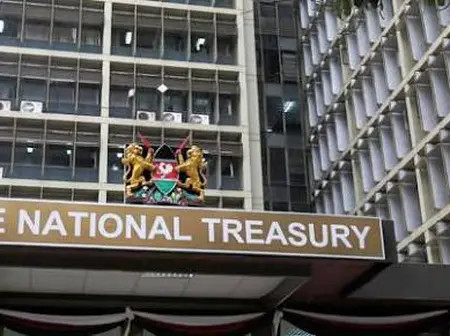
No more secrets as Jamia Mosque Imam Sheikh Jamaludin Osman has stirred intense debate, calling on Muslims across Kenya to boycott KFC, Coca-Cola, and other businesses alleged to support the Israeli government in its conflict affecting Muslims. The announcement has set social media and streets buzzing, with many questioning the implications for local and multinational businesses operating in Kenya.
The full statement and reactions can be watched here.
Imam Jamaludin’s call comes amid heightened sensitivity over global conflicts, with local communities demanding solidarity with Muslims abroad. According to insiders, the Imam emphasized that the boycott targets not just foreign corporations but any enterprise seen as financially or politically supporting the ongoing Israeli actions.
Business analysts warn that if widely adopted, the boycott could impact sales and reputations of these multinational brands in Kenya. Social media users are already reacting, debating whether such measures are a symbolic gesture of solidarity or a move with real economic consequences. WhatsApp and Facebook groups have seen heated discussions, with some supporting the Imam’s stance while others argue for measured engagement instead of outright boycotts.
Political observers note that the call highlights the increasing influence of religious leaders in shaping public opinion and action. Past boycotts, whether over political or social issues, have shown that community-led campaigns can quickly mobilize mass participation and generate national discourse.
Meanwhile, local leaders and civil society groups are watching closely to gauge the public’s response. The unfolding situation underscores a wider conversation about corporate accountability and the role of international brands in geopolitics, as Kenyans weigh ethical considerations alongside consumer habits.
Critics caution that while the boycott aims to express moral outrage, it could inadvertently strain relationships between communities and businesses that provide employment and economic stability in Kenya. Supporters argue, however, that solidarity is essential and that collective action can pressure companies to reconsider their affiliations.
As the debate rages on, the coming weeks will reveal whether the boycott remains a symbolic statement or translates into tangible economic impact for targeted businesses.
Kindly share, like, comment and follow us for more updates.






